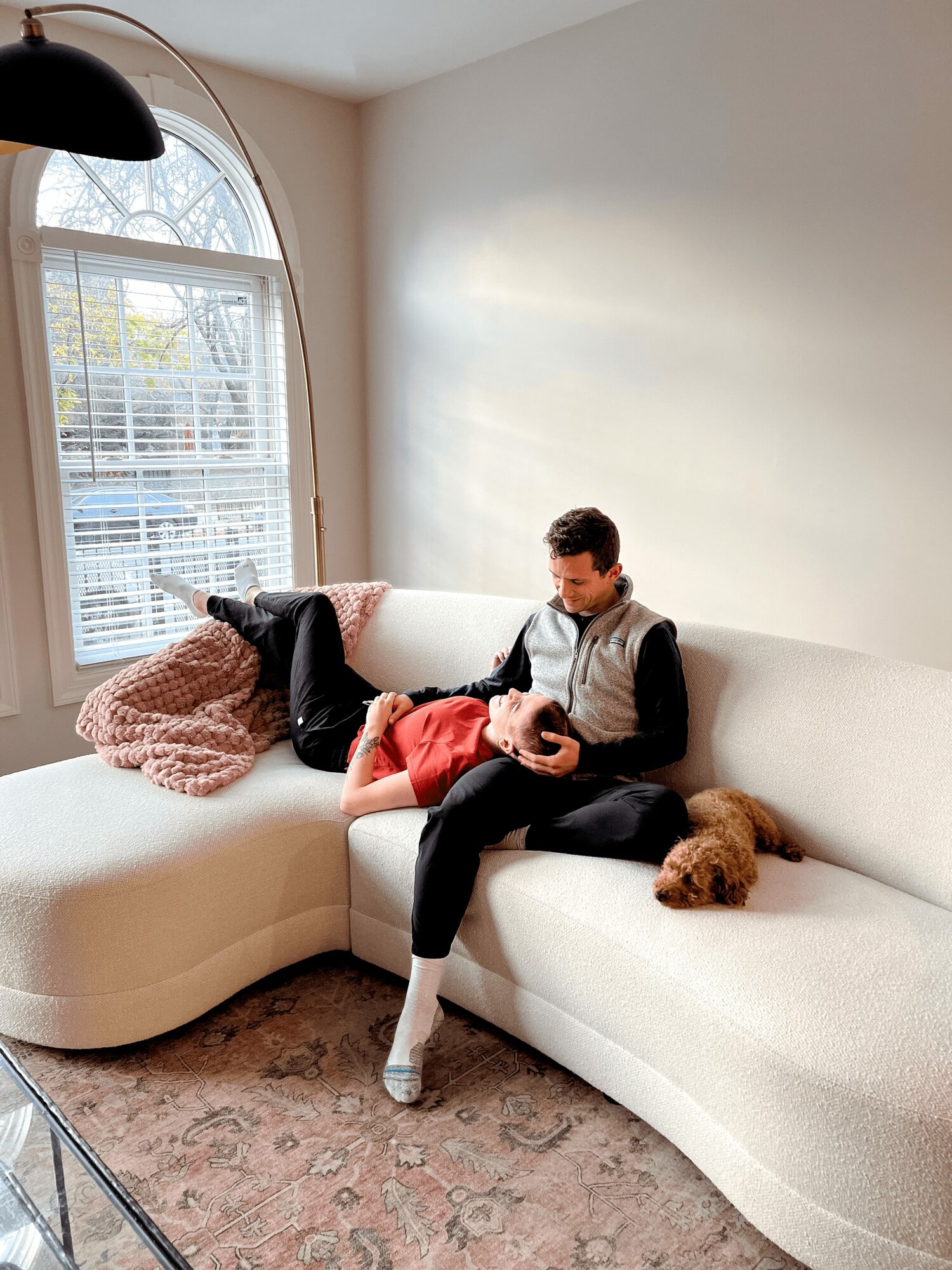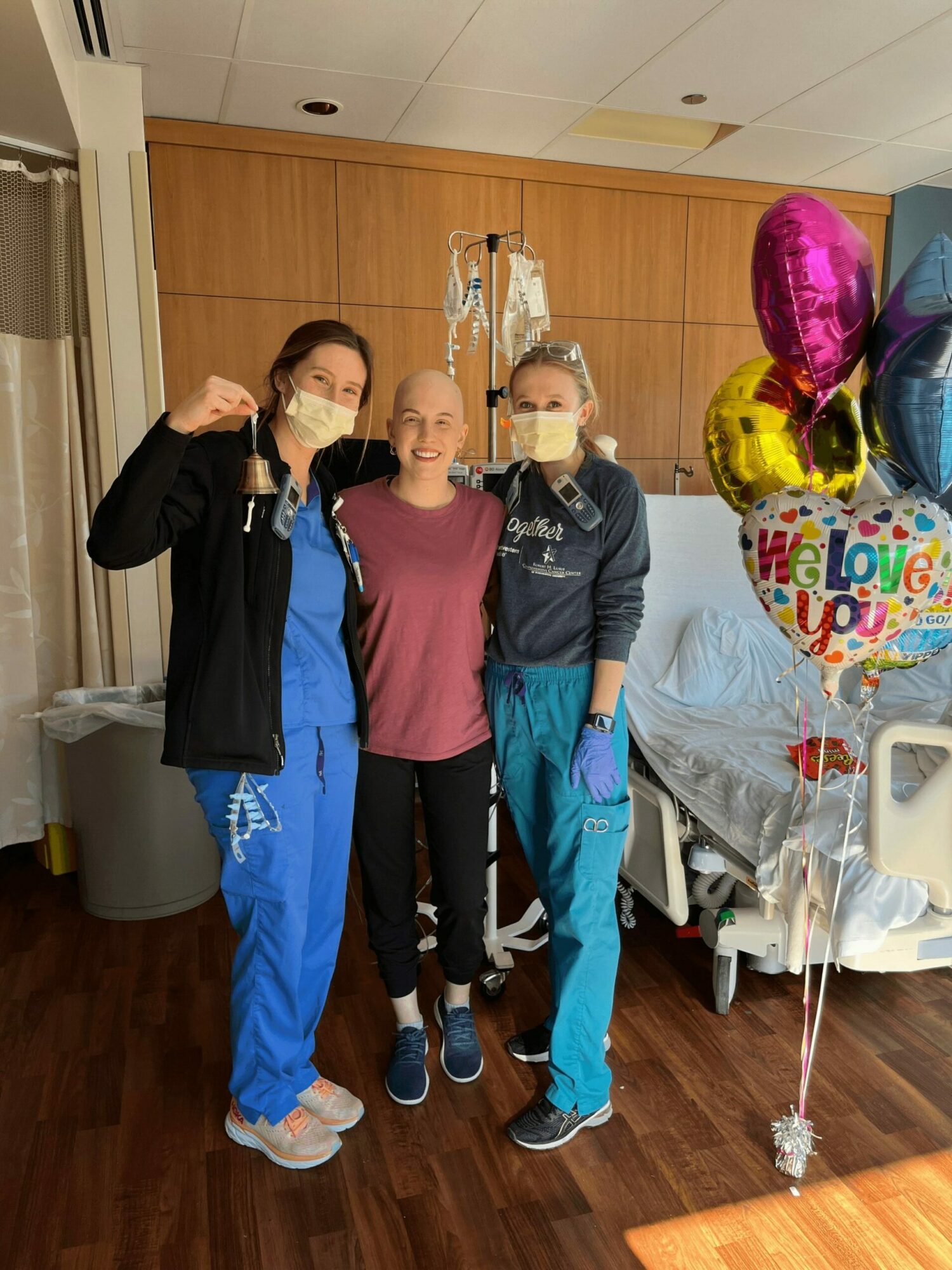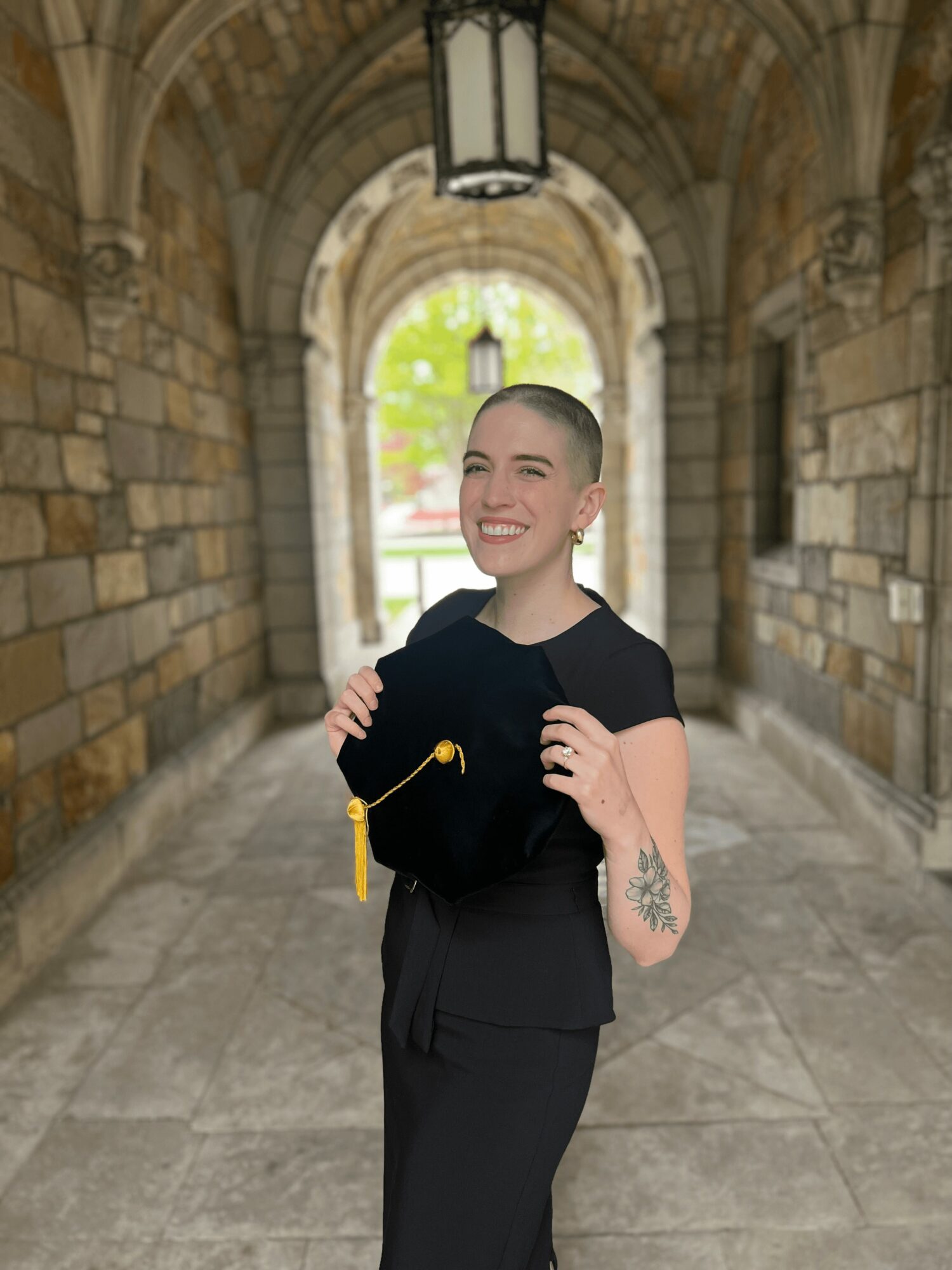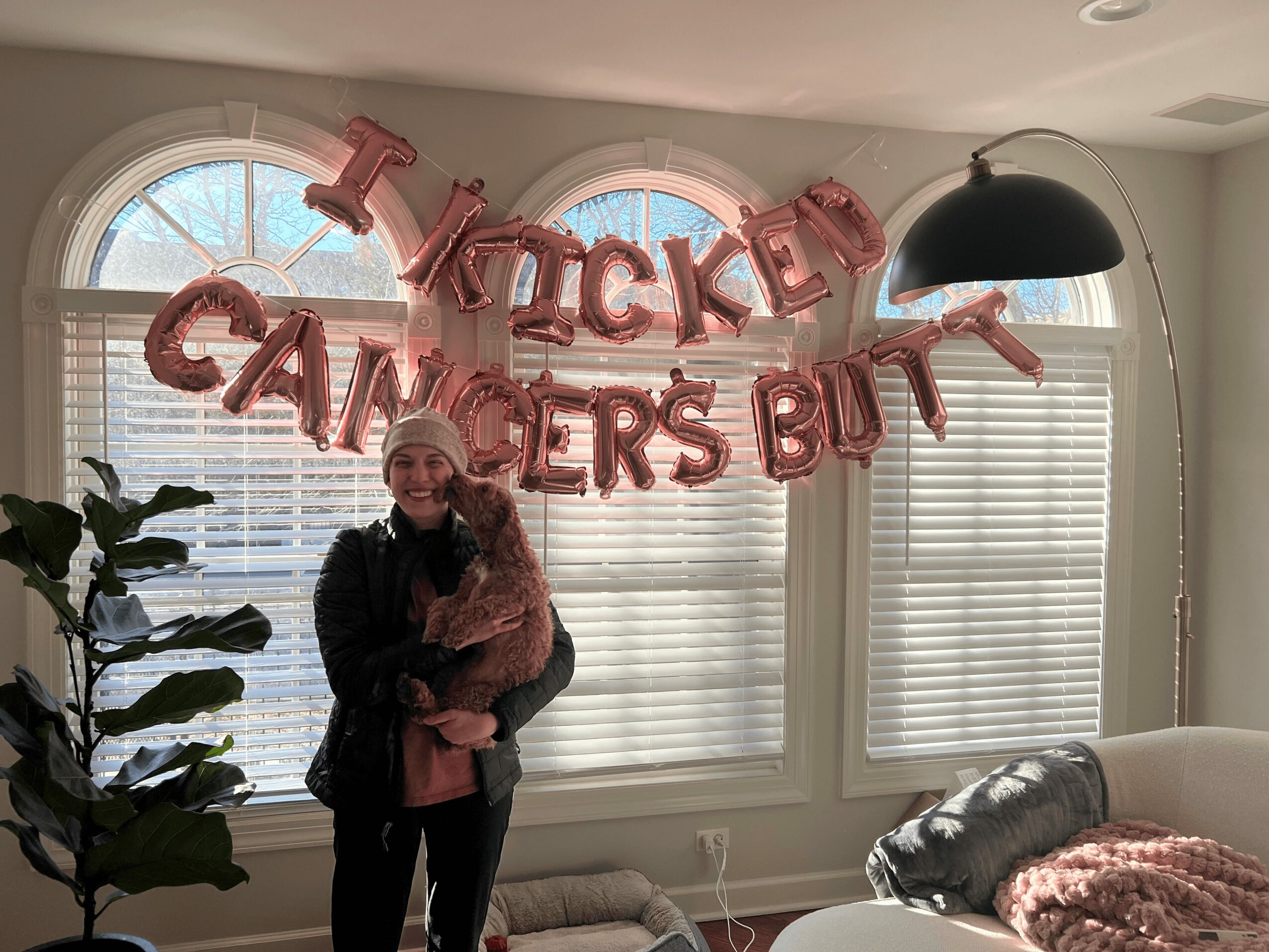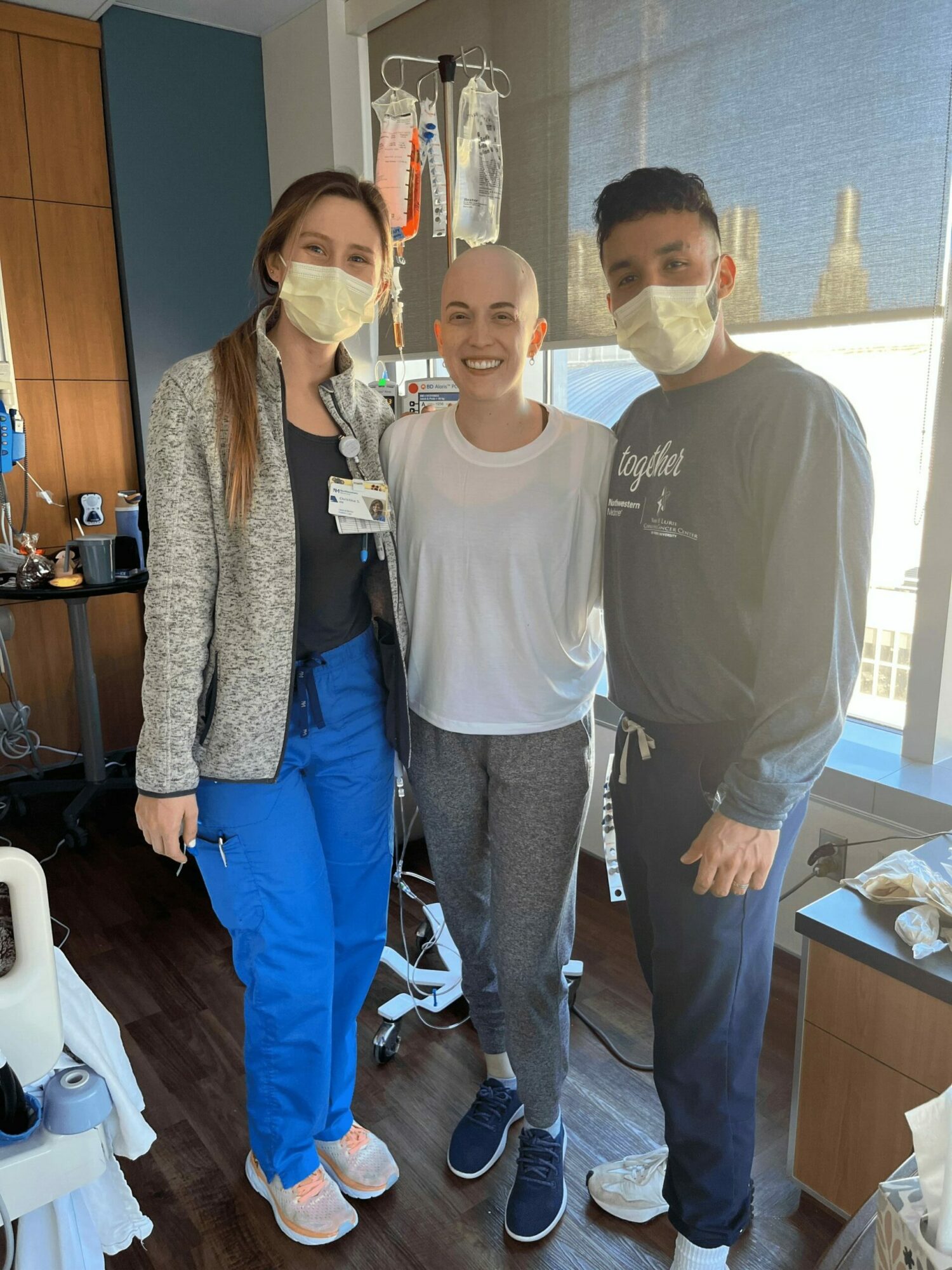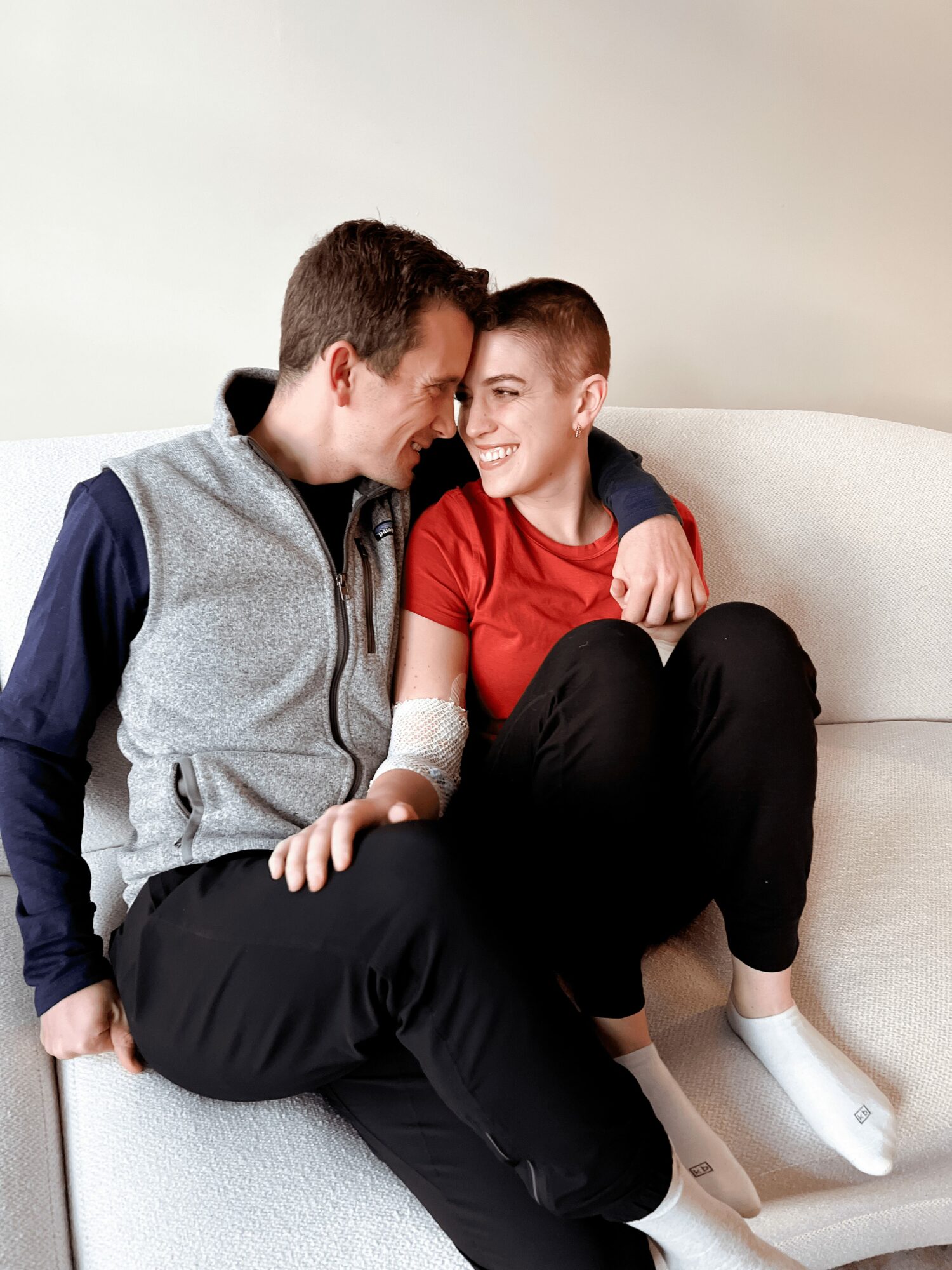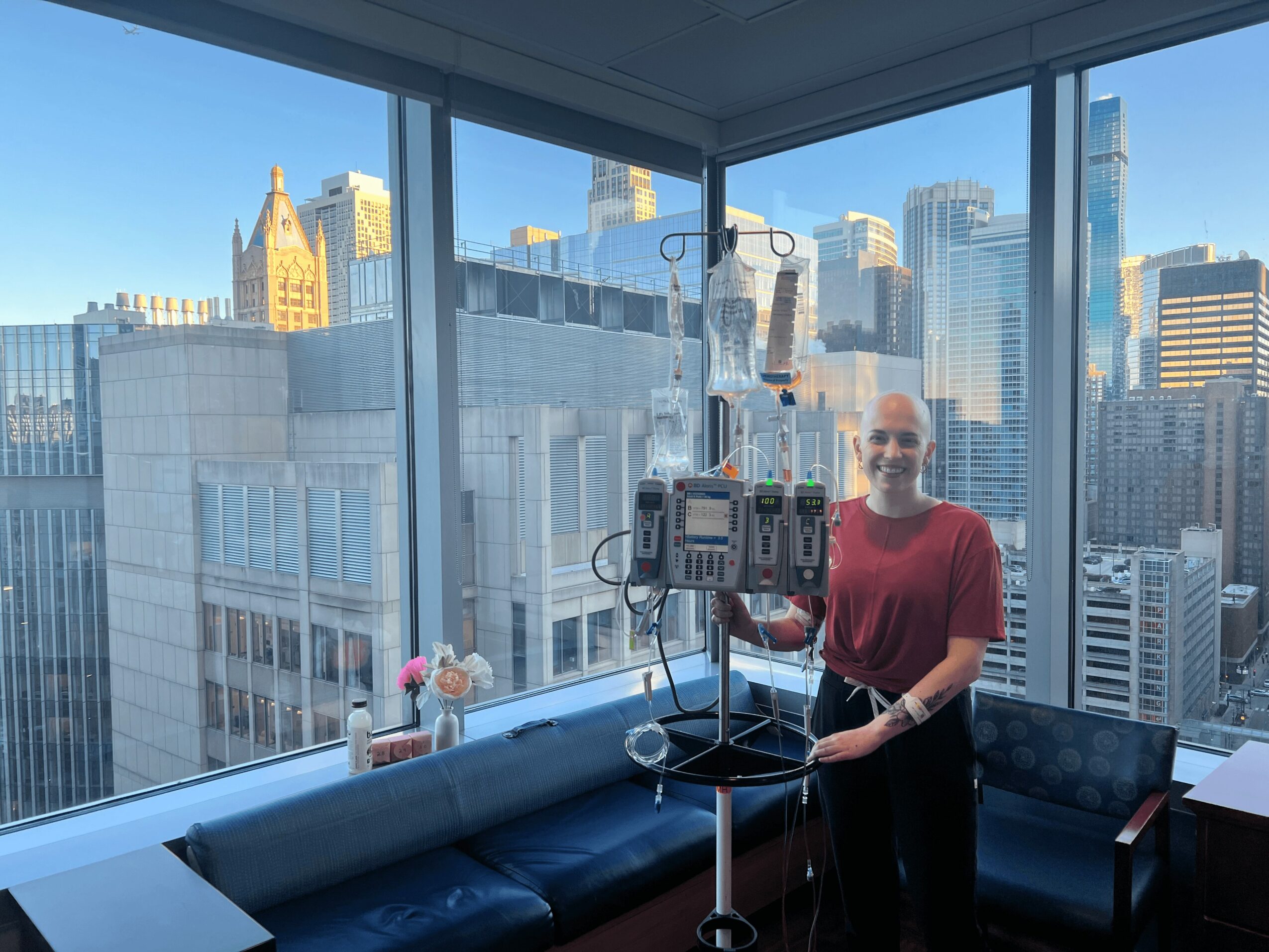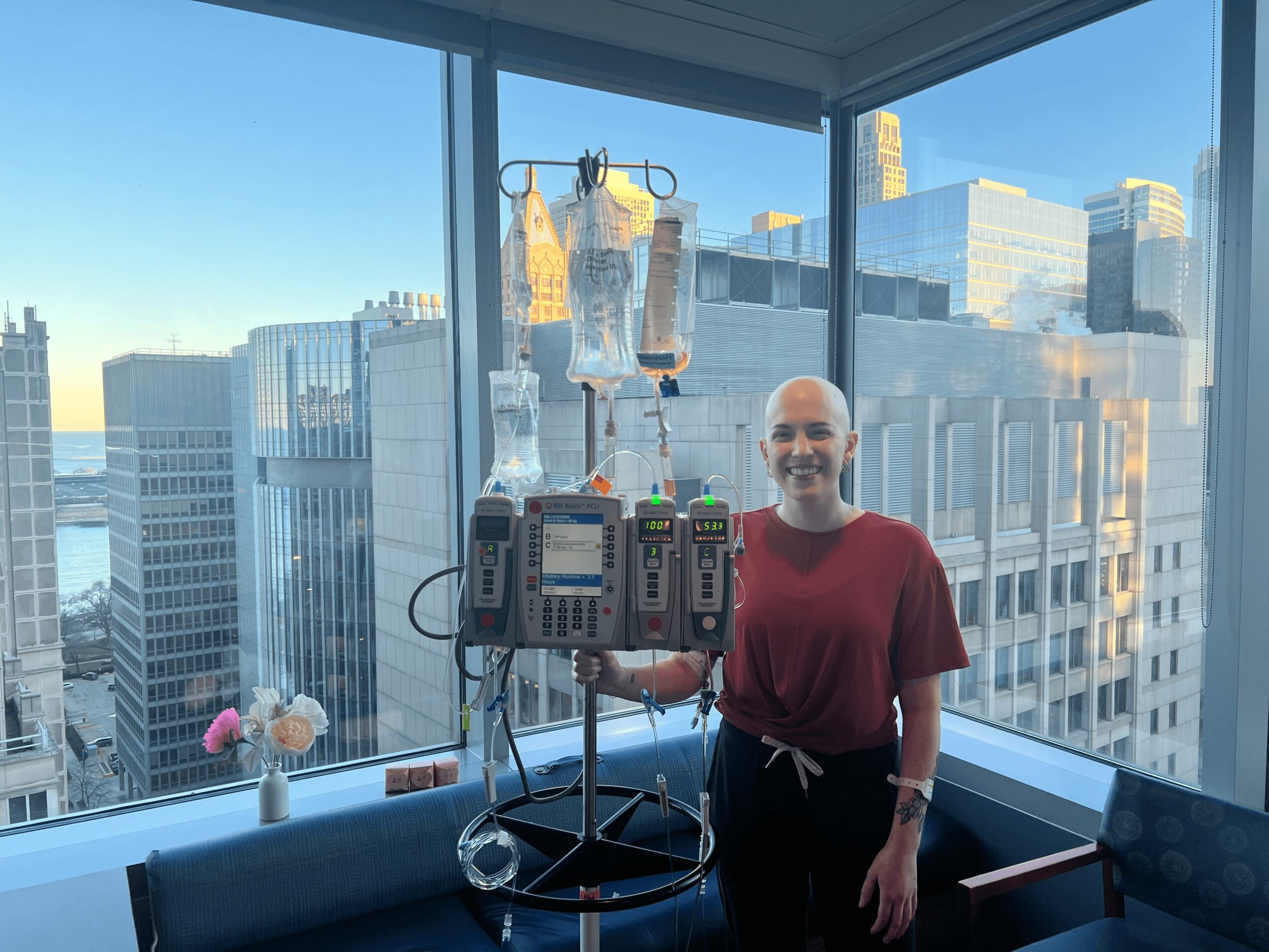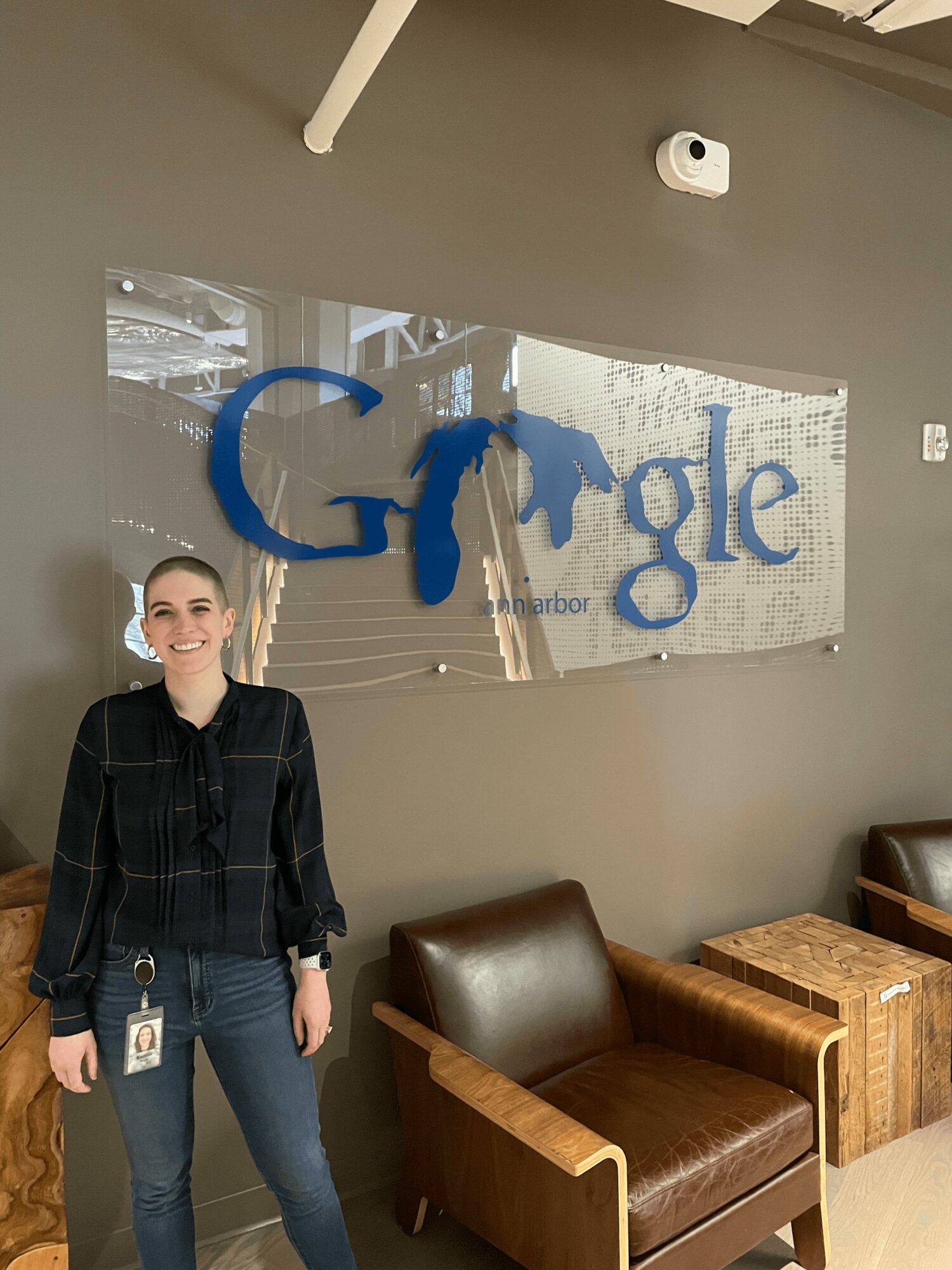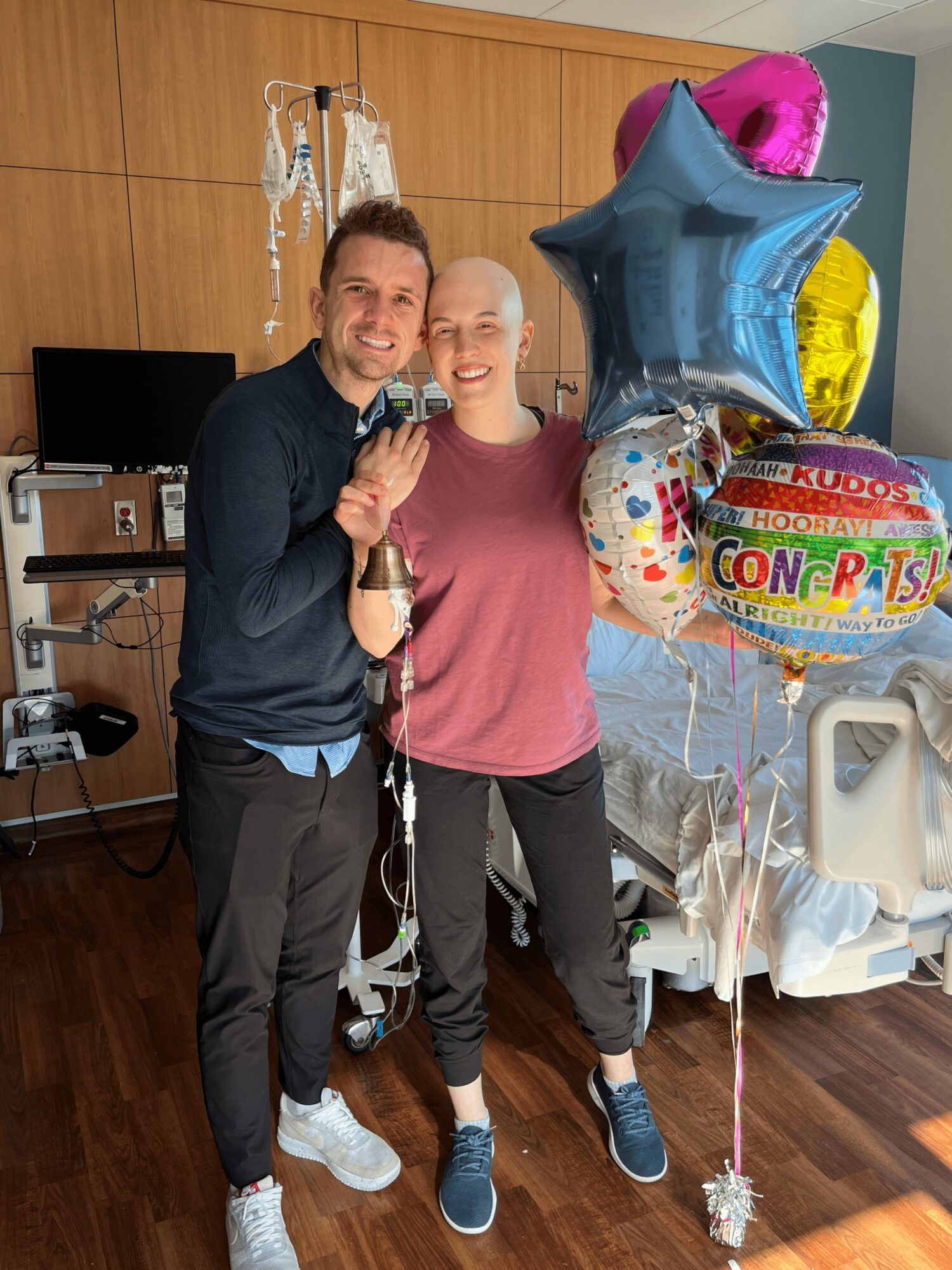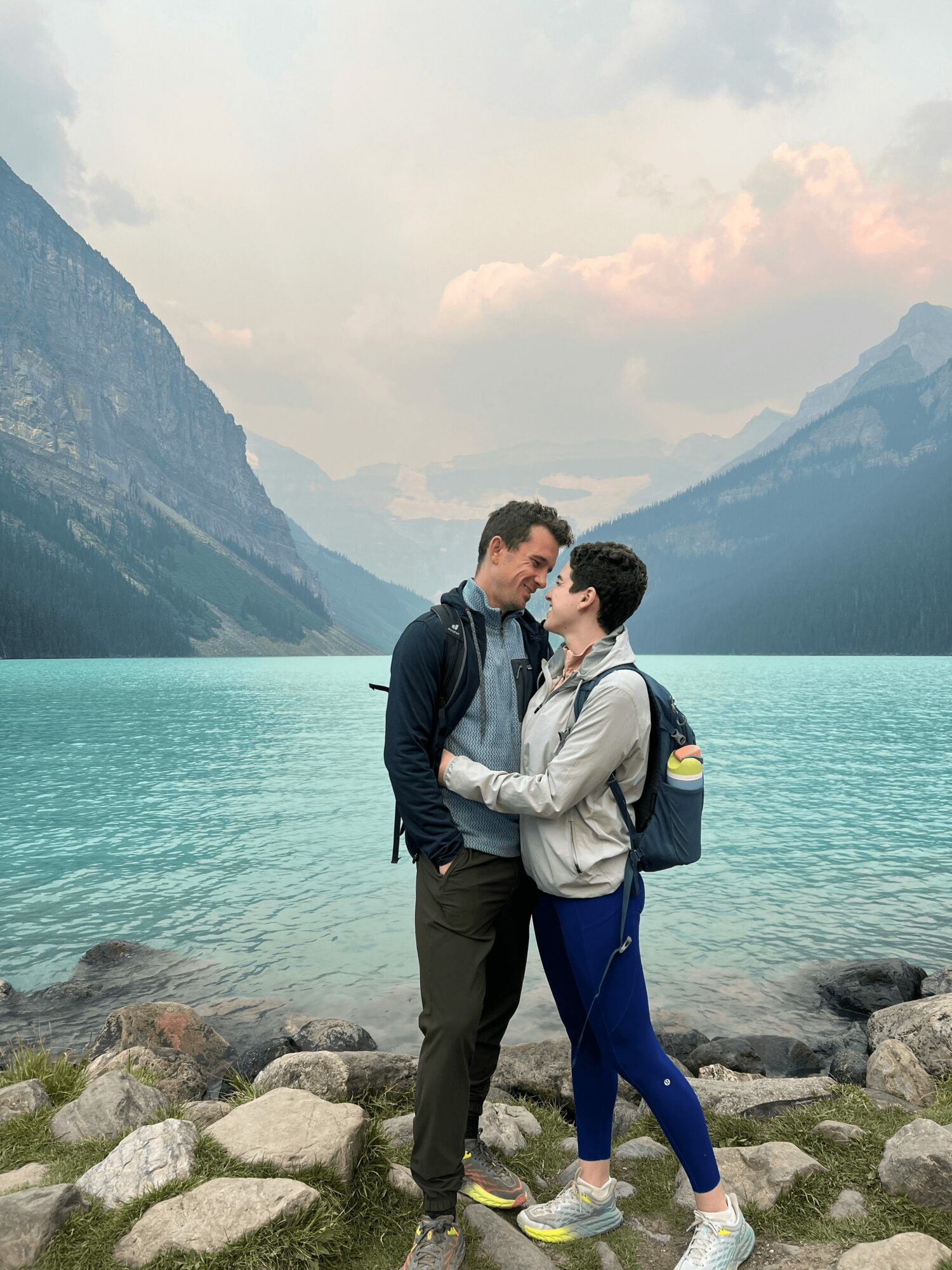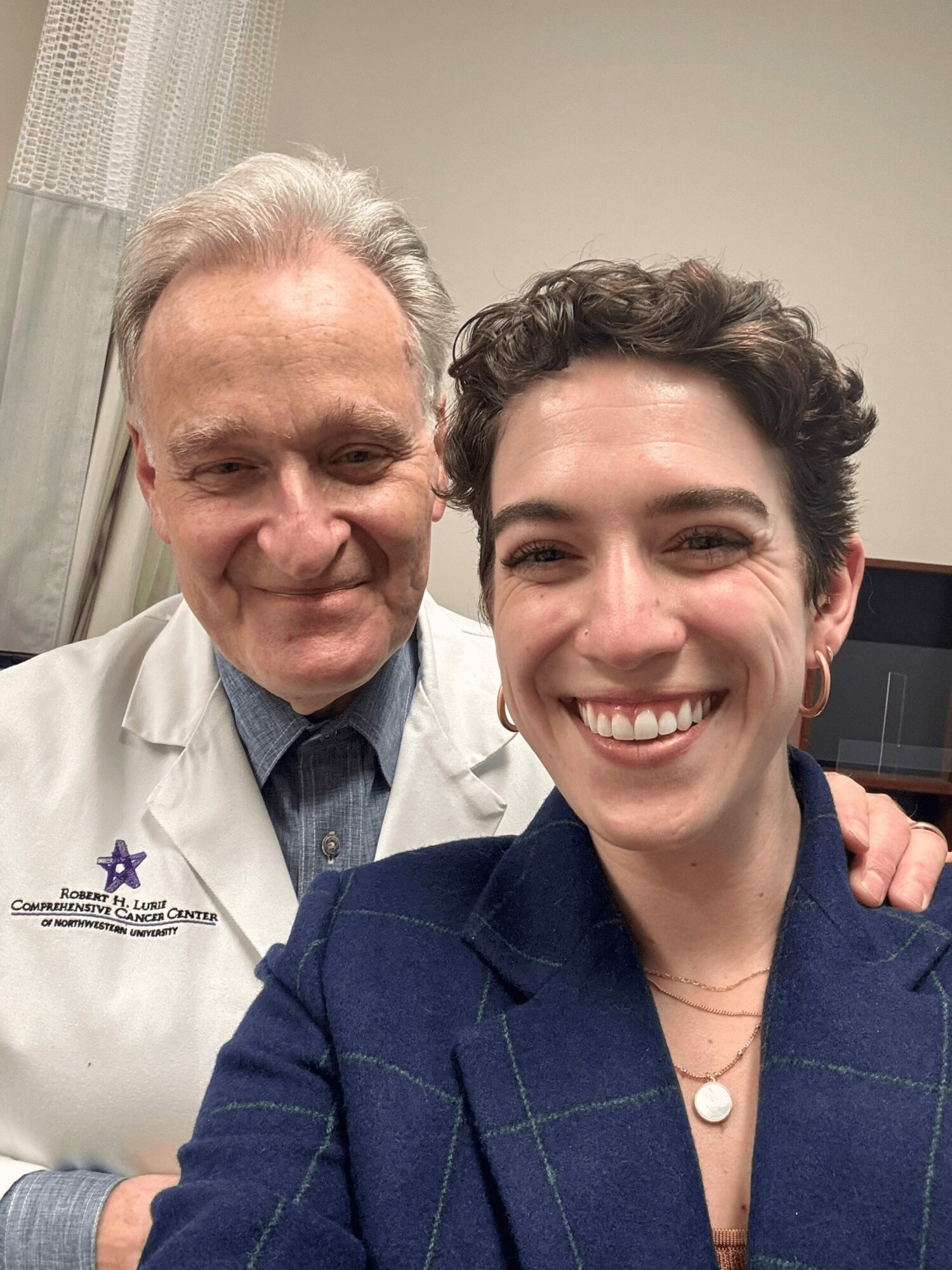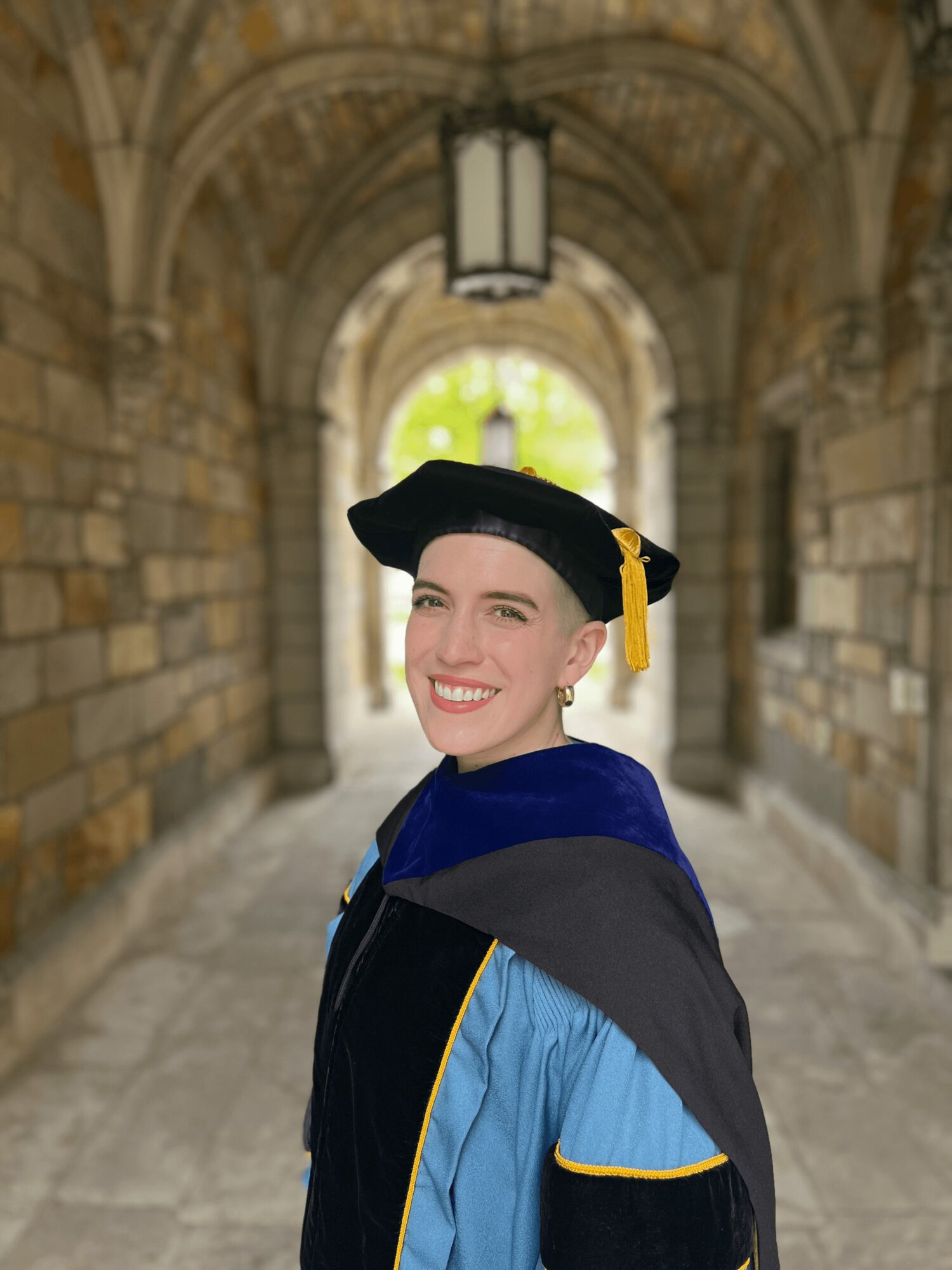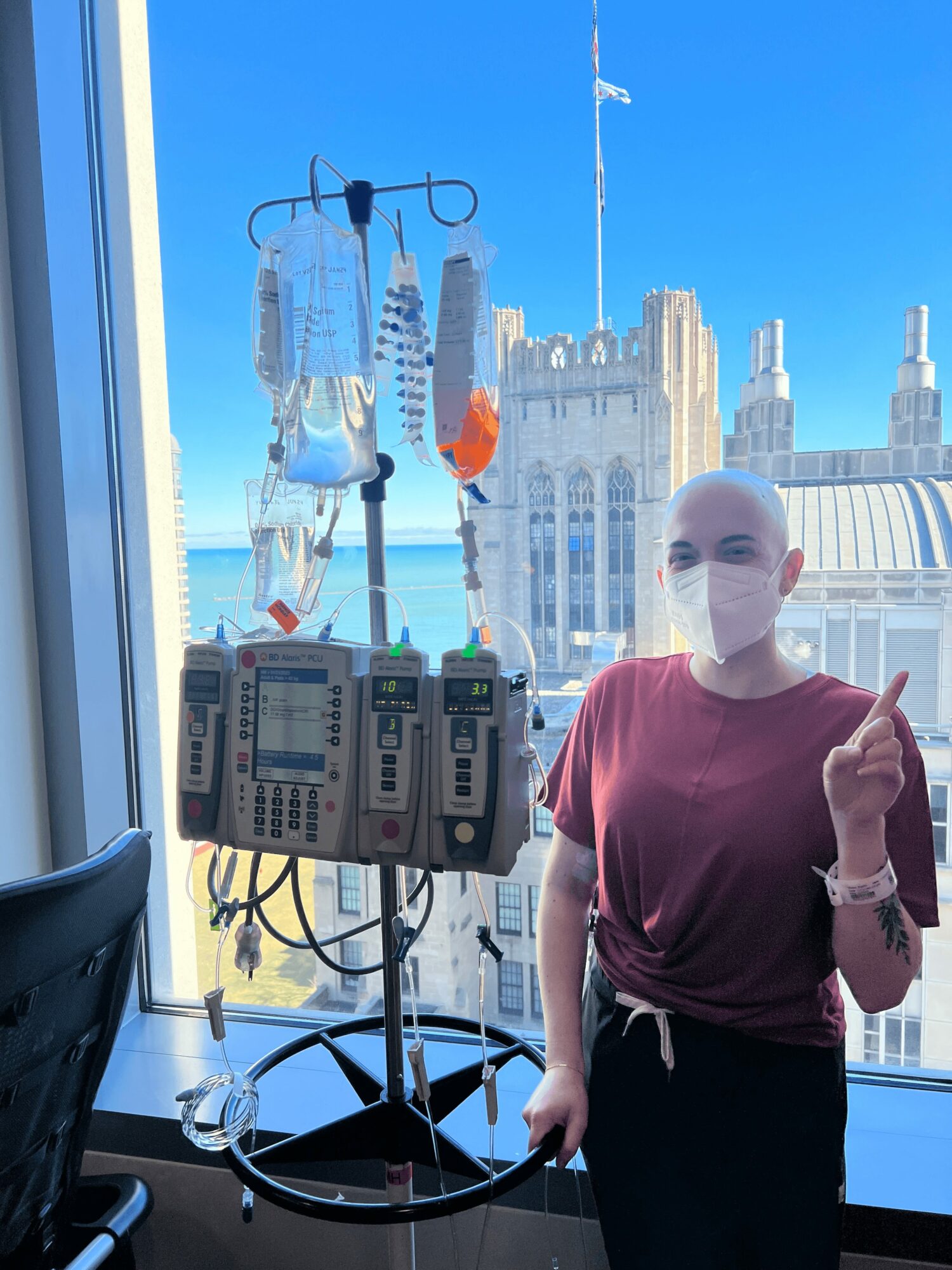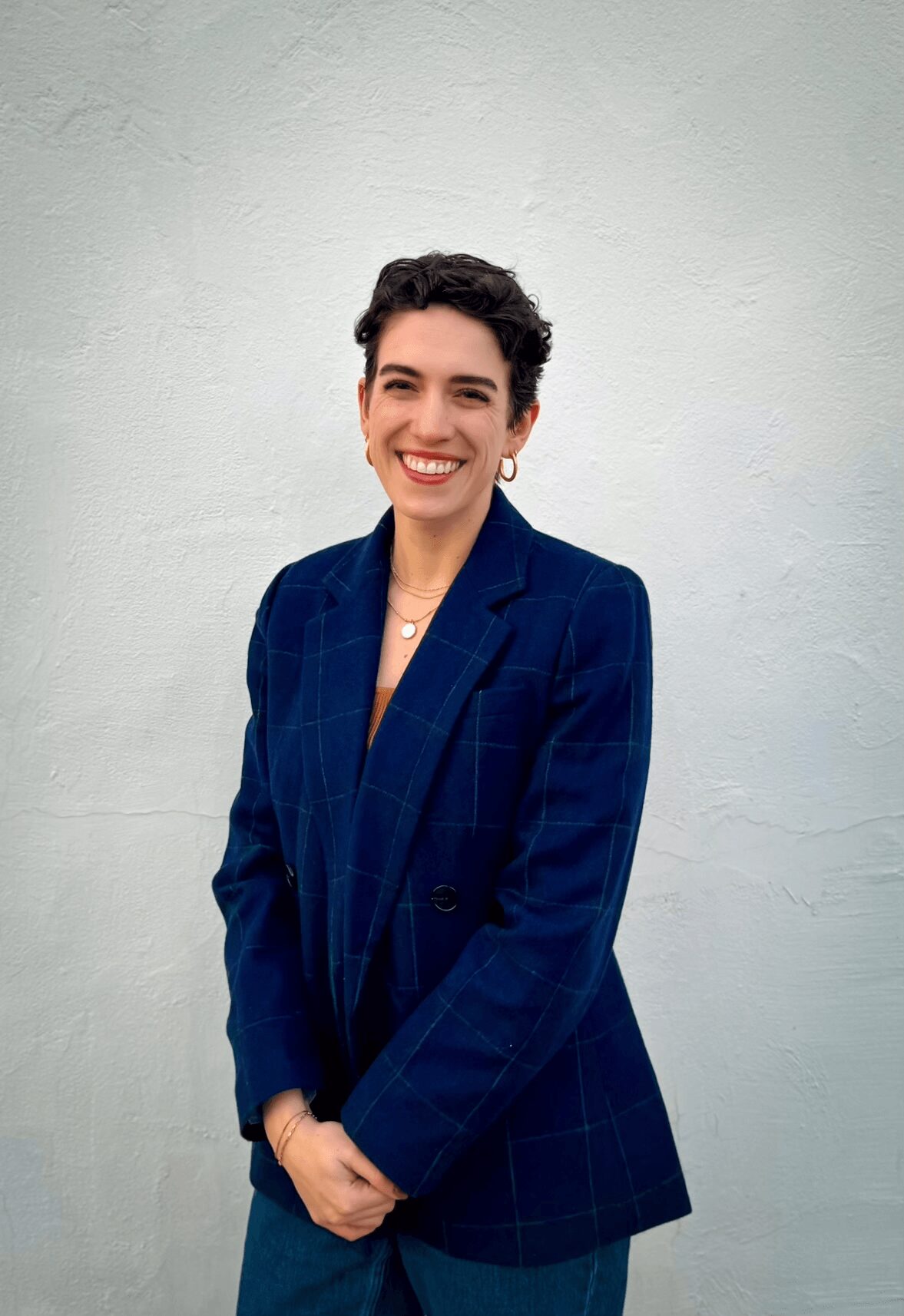 Today we’d like to introduce you to Dr. Kaitlin Ward
Today we’d like to introduce you to Dr. Kaitlin Ward
Hi Dr. Kaitlin, please kick things off for us with an introduction to yourself and your story.
I grew up in Bountiful, Utah, a small city just north of Salt Lake City. My mom worked part-time as a mental health therapist, and my dad worked as a small business owner downtown. One of my most treasured familial relationships was with my grandmother, Helene Hoover, who lived in Arizona and was a professor of family studies at ASU. My parents and grandparents provided me with every resource imaginable to help me succeed. I ended up graduating from Woods Cross High School, marrying my high school sweetheart, receiving a bachelor’s degree in psychology from the University of Utah, and deciding to become a part-time therapist, just like my mom!
When I went to graduate school to receive a Master of Social Work degree, I learned about female empowerment, the value of diversity, the importance of social justice, and how to pursue social change to create a more equitable society. My partner learned about these principles alongside me, and started encouraging me — I remember him saying, “You’re really good at statistics, and you’re a good teacher; you should get a PhD, like your grandma!” I told myself that, if I were going to get a PhD in social work or psychology, I wanted to go to the very best university possible. I saw that US News & World Report ranked the University of Michigan as the #1 school in the country for my field. Therefore, with a lot of support from my MSW program faculty, my dream eventually came true, and I got accepted to the Joint PhD Program in Social Work & Developmental Psychology at the University of Michigan!
UM and the city of Ann Arbor was even better than I dreamed. I loved the lush green landscape, the friendly people, the great food, and the dynamic intellectual environment. During my program, I was taught by world-class instructors and received the absolute best mentorship from my advisors (Drs. Shawna Lee, Andrew Grogan-Kaylor, and Pamela Davis-Kean). I also became a licensed therapist and worked part-time at Heron Ridge Associates on West Stadium. At Dr. Davis-Kean’s recommendation, I enrolled in UM’s Survey & Data Science graduate certificate program, which encouraged its students to look for summer internships. I found an internship posting entitled “PhD Intern, People Analytics” at Google, and sent in my resume, fully expecting my application to never be seen. To my surprise, I received an invitation to interview, and landed the internship! After the internship, I finished up my dissertation, which I dedicated to my grandmother. I was then offered a full-time role in the Google Chicago office as a People Analytics Researcher dedicated to Diversity, Equity, Inclusion, and Belonging. Luckily, Google allowed and encouraged me to continue my academic research, so I also became a Research Affiliate with the University of Michigan. And that’s how I ended up in an occupation and profession I absolutely love.
I’m sure it wasn’t obstacle-free, but would you say the journey has been fairly smooth so far?
I moved to Chicago in the spring of 2022, and was enamored by our new home — my husband and I would take our dog on long walks around Lincoln Park, try a new restaurant each weekend, and spend hours running and biking up and down Lakeshore Drive. Just a few months later, I started experiencing some odd symptoms: I was having trouble breathing, and I had strong chest and back pains. I went to four different doctors, all of whom told me it was anxiety. “Have you tried deep breathing? Have you heard of meditation?” they asked; “You seem stressed, just relax! Take these muscle relaxers and put some Voltaren gel on your chest and back. Take some Advil!” they said. I felt embarrassed by these responses, so I avoided the doctor for a while.
My symptoms continued to worsen, until one day, while at work, I started coughing up blood. I told myself, “It’s probably nothing. If I go to the doctor, they’ll tell me it’s anxiety.” So I continued coughing up blood for a few days. Then, I remembered that the Benefits Team at Google had recently sent an email about a service where employees could get immediate Telehealth urgent care, for free, at any time. That urgent care doctor advised me to go to the ER.
After getting a CT scan, I was told I had a grapefruit-sized mass growing in my chest, with enlarged lymph nodes all over my torso. I was eventually diagnosed with a rare and aggressive cancer called Primary Mediastinal Large B Cell Lymphoma. My doctor told me that, if I did nothing, I would have about 3 months to live. But, if I chose to undergo very intensive chemotherapy, I would have a high chance of living a long, healthy life. Since I’m talking to you, I think you know which option I chose!
My treatment involved being admitted to Northwestern Hospital to receive 24/7 infusions of chemotherapy for 5 days at a time. I would get 2 weeks off; then, when I went back to the hospital, they would increase the chemo by 20%. They would continue increasing until they found my body’s maximum amount of chemo it could handle. This means that I experienced nearly every side effect of chemo that you could imagine — from losing my hair (including eyebrows and eyelashes!), to mouth sores, to neuropathy and debilitating nausea. A lot of the time, I was so dizzy, lightheaded, and weak that I couldn’t walk from my couch to the kitchen chair. There were many times when I wondered whether undergoing this intensive treatment was the right choice. I had spent the previous 10 years of my life attempting to become an expert in my field and a respected professional in my community; but at this point, I felt like a shell of a human whose sole identity was “cancer patient.”
My lifeline during that time became my Adolescent and Young Adult (AYA) cancer survivor community at Northwestern Medicine. Through the AYA program, I got to spend time with other bald people my age who were dealing with cancer right at the moment they were trying to start “adulting.” We would give each other tips and tricks for coping with side effects, like how to conquer chemo constipation, and compare pictures to see whose “moon face” was largest from the high doses of Prednisone. I also learned a new language, where I used words like “scanxiety” (anxiety about an upcoming scan) “cancer muggle” (someone who has never been diagnosed with cancer), and “cancerversary” (diagnosis or end-of-treatment date). Cancer was truly the worst way to meet some of the most wonderful humans in the world.
Upon returning to work after treatment, I remember going back to the office and thinking, “Where are all the other bald people?!” I missed my AYA community. I was suddenly surrounded by people asking me questions like, “Did anxiety cause your cancer?”, “Do you think you’ll ever be able to have a baby?” and “What’s your life expectancy now?”. I yearned to connect with people who could understand what I just went through. Therefore, I decided to start a community at Google for employees who are cancer survivors or supporters (importantly, we consider “survivors” to be anyone who has been diagnosed with cancer, regardless of treatment or prognosis). I found a software engineer cancer survivor who built our website; I found a graphic designer cancer survivor who created our logo; I found a cancer caregiver in finance who helped us get funding for events; we created a chat space for people in active treatment, a 1:1 coaching program, and monthly group support sessions. Now, a year after this community was founded, our community has expanded to serve over 600 employees globally. Building this community has been one of the most rewarding experiences of my life, both personally and professionally.
Thanks – so what else should our readers know about your work and what you’re currently focused on?
At Google, I specialize in conducting advanced statistical analyses on employee data to help leaders understand what they can do to help all Google employees (“Googlers”) be mentally healthy, happy, and productive. I get to put my social work and quantitative training from grad school into practice every day, and focus my efforts on empowering underrepresented groups. Recently, I’ve been invited to be a guest lecturer at a number of universities, where I share what I’ve learned about statistics, equity analytics, and career development with the next generation of scholars. I feel most proud of myself when I see my research influencing change within the company, or when I see a student or mentee of mine reach their goals.
In my academic work, I specialize in promoting healthy child development and positive parenting among families living in contexts of adversity. I conduct advanced statistical analyses on large, international datasets to identify strategies that policymakers and practitioners can implement to improve the lives of children and families. I’m proud that my research has helped to dispel some common parenting myths — for example, some people thought that spanking a child (i.e., hitting a child when they do something wrong) could be helpful in some countries; or that spanking is OK when parents have a healthy attachment to their child. My research shows that these assumptions are not true, and that spanking is not helpful to child development, regardless of the context. Instead, I’ve found that verbal reasoning (explaining why the behavior was wrong) and redirecting the child is more effective. I also feel proud of the research I conducted about mental health and parenting during COVID-19; these findings were featured in the New York Times, USA Today, and US News & World Report.
As I therapist, I specialize in helping children and families who have experienced trauma. After being on my computer running statistics all day, it’s really lovely to be reminded of the human, personal aspect of my work. I feel the most proud when I see my clients living happier, healthier lives.
Can you talk to us a bit about the role of luck?
I would say that much of what I’ve achieved and experienced in my life comes down to a combination of privilege and luck. Now remember, the term “luck” goes both ways — I’m sure luck played a role in landing a job, and in getting cancer. Some cancer muggles might view my cancer diagnosis as a stroke of “bad luck,” while many survivors would consider me “lucky” to have been diagnosed with a treatable cancer that could be considered “cured” if relapse doesn’t occur after 5 years. I was both highly privileged and very lucky to be employed by a company that paid my salary, stock, and bonus while I was on leave during cancer treatment. I was lucky to have a manager who supported me in my desire to create a new community at work. I was privileged to have great health insurance and lucky to live in close proximity to Dr. Leo Gordon, my oncologist, who is recognized as one of the top lymphoma experts in the country. I think this is why I’m so passionate about social justice, because I know that by achieving greater equity in our society, humans will be more likely to survive and thrive — whichever form of “luck” comes their way.
Contact Info:
- Website: https://www.kaitlinpward.com
- Instagram: https://www.instagram.com/kaitlinpward/
- Facebook: https://www.facebook.com/kaitlin.paxton/
- Twitter: https://x.com/kaitlin_p_ward
